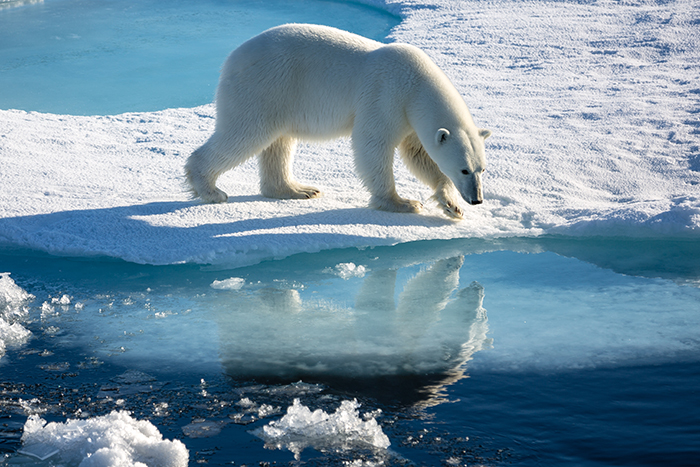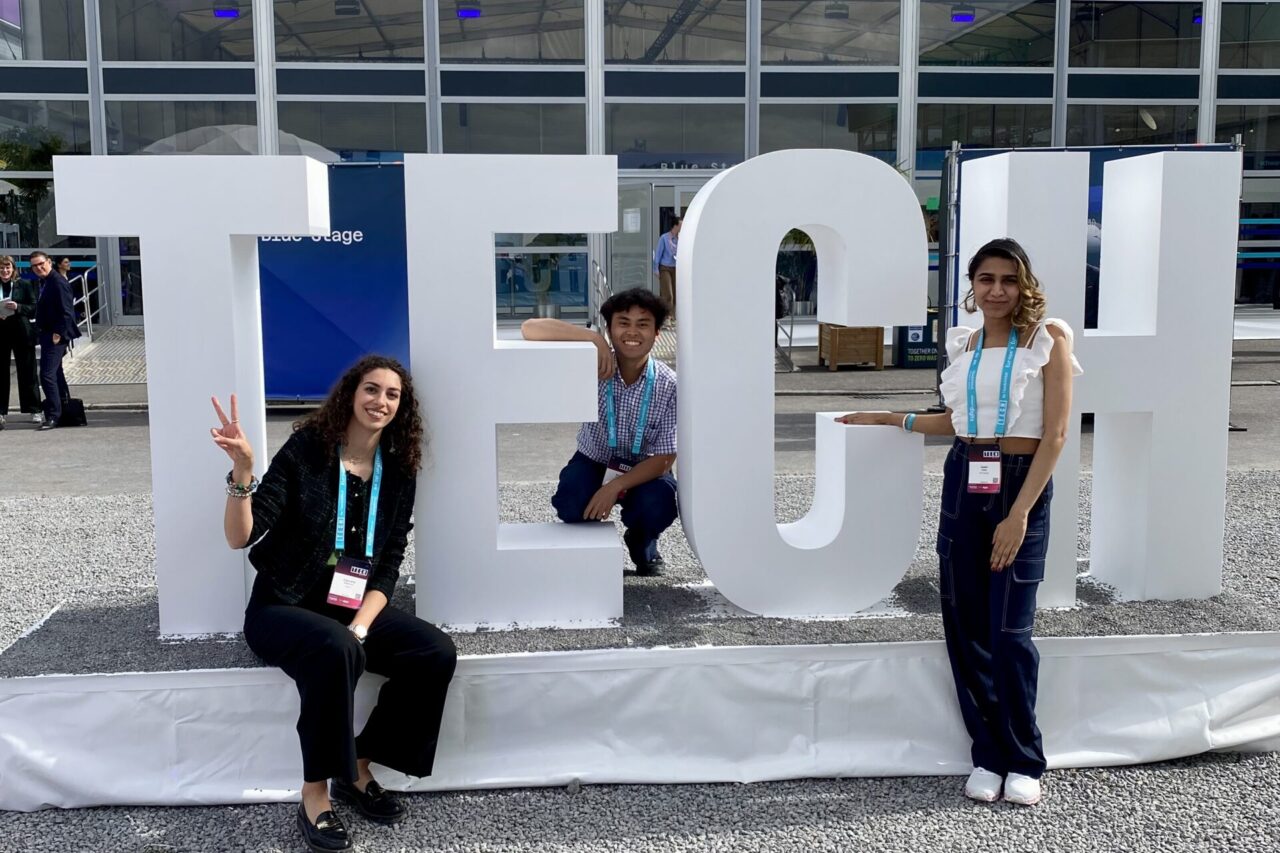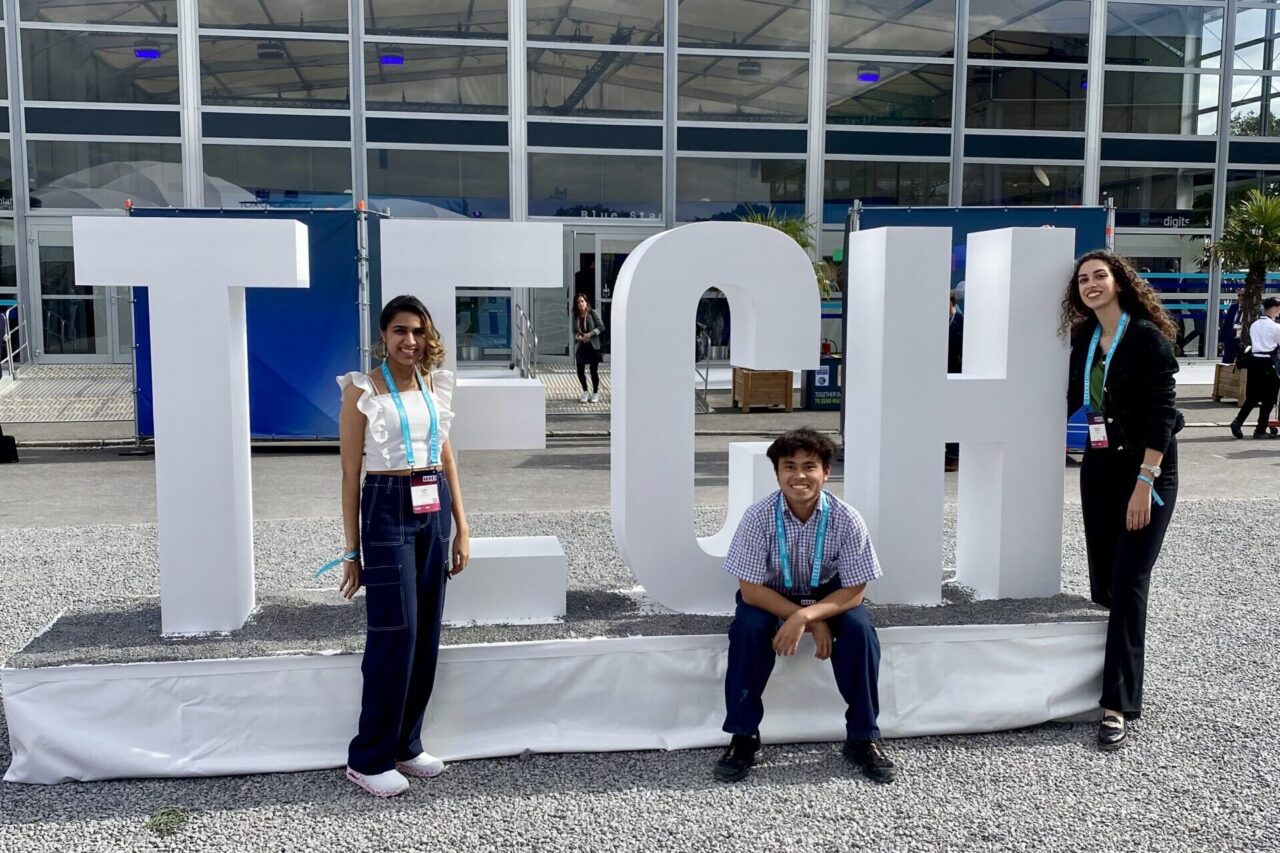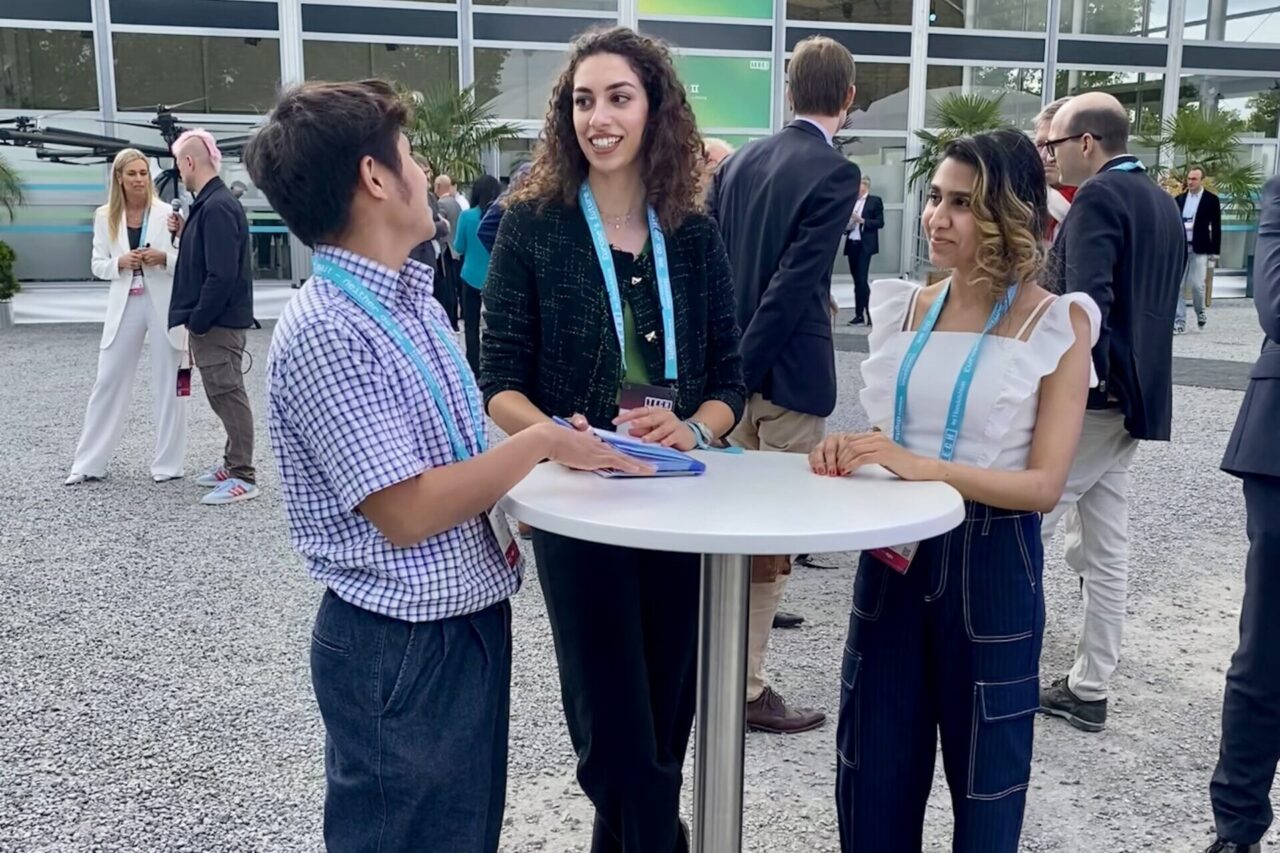This ETH Zurich student spent a month in the Arctic setting up a climate research city on a shelf of ice up to 3m thick.
Mauro Hermann had just finished his Masters’ degree in Environmental Science at ETH Zurich when he was offered the trip of a lifetime, a place on the icebreaker Akademik Fedorov, part of MOSAiC, the largest polar operation in history.
The €140 million research project is one of the most ambitious attempts yet to understand climate change. The year-long exploration of the Arctic is bringing hundreds of researchers and state-of-the-art climate-measuring machinery to the heart of the North Pole. It is also mankind’s first bid to observe a whole Polar winter.
The insights from this 390-day journey into the land of snow and ice could revolutionise our understanding of global warming. “The Arctic is where global warming is happening the fastest,” said Hermann. “It’s very uncertain what’s going to happen in years to come.”
Mauro Hermann had just finished his Masters’ degree in Environmental Science at ETH Zurich when he was offered the trip of a lifetime, a place on the icebreaker Akademik Fedorov, part of MOSAiC, the largest polar operation in history.
The €140 million research project is one of the most ambitious attempts yet to understand climate change. The year-long exploration of the Arctic is bringing hundreds of researchers and state-of-the-art climate-measuring machinery to the heart of the North Pole. It is also mankind’s first bid to observe a whole Polar winter.
The insights from this 390-day journey into the land of snow and ice could revolutionise our understanding of global warming. “The Arctic is where global warming is happening the fastest,” said Hermann. “It’s very uncertain what’s going to happen in years to come.”







